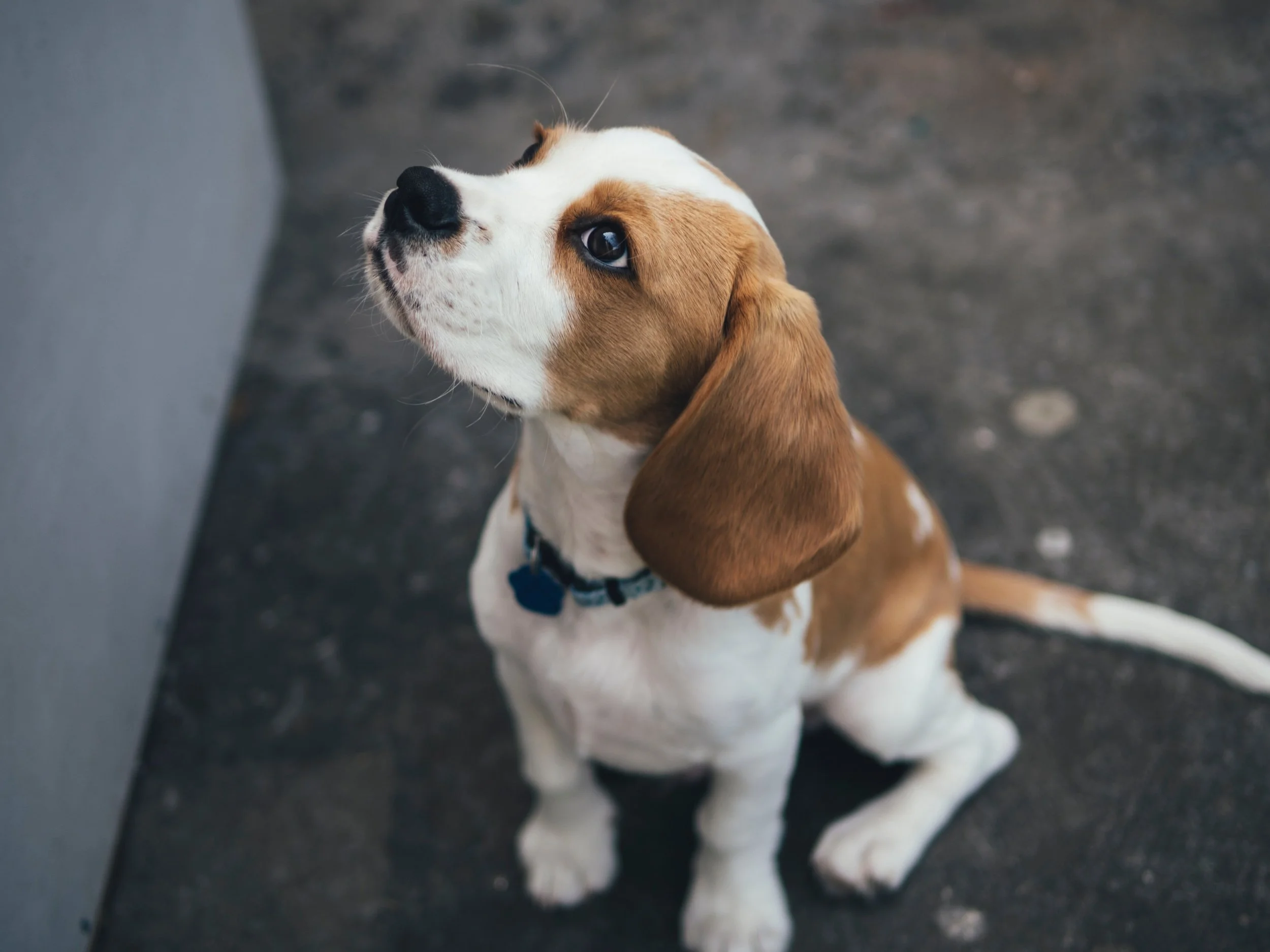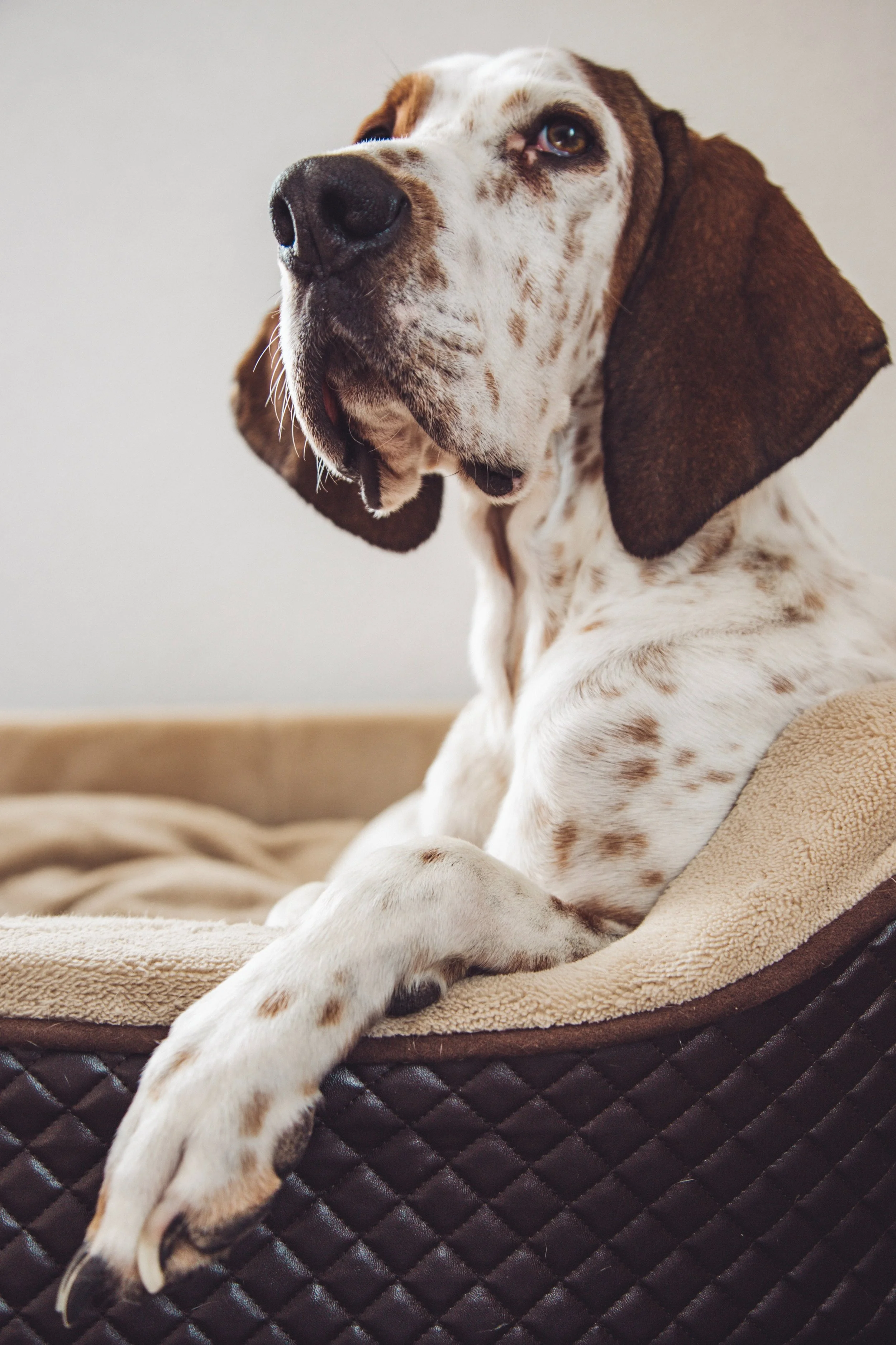How To Support Your Grieving Dog After The Loss Of Another Family Dog
It is absolutely devastating when you lose a dog. I still get emotional when I talk about my childhood dog, who passed away ten years ago.
Losing your furry friend becomes even more complicated if you have a surviving canine companion. It is believed dogs do feel grief upon losing a loved one.
Fortunately, there are a few steps to help support your grieving dog.
Shower Your Dog With Affection & Attention
Photo by Celyn Bowen on Unsplash
Because of your own grief, you may not be giving your surviving dog as much attention as they need. Essentially, you will need to distract your canine companion, so they don't dwell on missing their furry brother or sister. And the best way to do so is by showering them with attention and affection. Take them on walks and go on a ton of outings together. Also, be sure to give them plenty of pets and cuddles, so they know just how loved they are.
Remain Calm
Photo by Ryan Walton on Unsplash
This is much easier said than done, but do your best to remain calm around your dog. If you feel the need to let your emotions out, feel free to cry privately, away from your surviving animal, as seeing you in a distressed state could upset them.
Do Not Disturb Their Schedule
Photo by Jackson Simmer on Unsplash
You may have difficulty sticking to your routine after suffering a major loss. For instance, you may be sleeping in, or you may be neglecting household chores. However, do not disturb your surviving dog’s daily routine. Pet Helpful reported that “maintaining [your dog’s] routine while they are grieving can help them relax.” This means you need to continue taking them on walks and feeding them at the time they are accustomed.
Refrain From Immediately Getting A New Dog
Photo by Marcus Wallis on Unsplash
After a dog passes, it can be tempting to want to get another one. However, you should refrain from immediately bringing a new pup into the family. According to the VCA, it’s best to “give your dog time to grieve and adjust to the loss,” as “a new dog may add more stress to an already stressful situation.”
Consider Talking To A Vet
Photo by Tobias A. Müller on Unsplash
If you notice that your dog is exhibiting signs of anxiety or depression, like panting, excessive chewing, or changes in appetite, please consult your vet. There is a chance that your furry friend may need to be put on medication to help calm them down during this difficult time.





